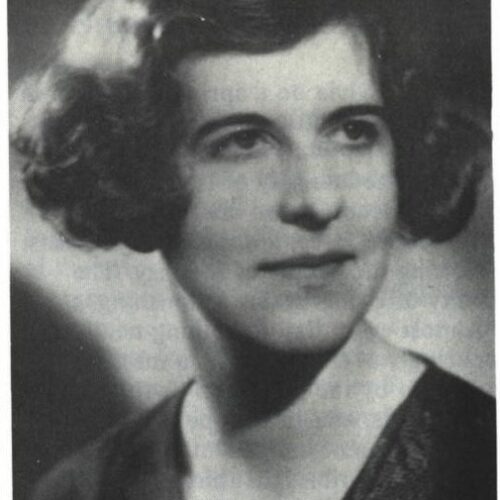

The actress turned campaigner and human rights activist Sylvia Scaffardi was a co-founder of The Council of Civil Liberties, along with her partner Ronald Kidd. Scaffardi had a diverse career, starting as an actress then becoming an activist and campaigner, to briefly working in the civil service before training as a secondary school teacher, whilst also writing and publishing books. Despite the career changes, Sylvia Scaffardi continuously fought for human rights and civil liberties. She described herself as a lifetime humanist.
Sylvia Scaffardi was born on the 20th January 1902 in Sao Paulo, Brazil. Her father had emigrated to the country in 1888. By 1914 Scaffardi’s family had moved back to England, Eastbourne, so that Sylvia, and her sister Lydia, could receive an education at an English boarding school. Shortly after the First World War, Sylvia gained a scholarship to Royal Holloway College, where she studied English. Once graduated, Scaffardi joined a theatre company in Hertfordshire where she met her future partner and fellow Council of Civil Liberties co-founder, Ronald Kidd.
After meeting Kidd, Scaffardi moved to London with him, where she began working as a freelance editor and started to become engaged with Kidd’s political and activist campaigns. In 1932 Sylvia participated in the National Hunger March to Parliament, to protest against legislation that would plunge thousands into extreme poverty. The march ended in violence and many arrests were made. Scaffardi acted as an observer in the march and helped confirm the presence of police agents, their sole purpose being to antagonise and provoke the protesters into violence. Two years later Sylvia and Ronald founded The Council for Civil Liberties (later The National Council for Civil Liberties and now Liberty). The purpose of the Council was to promote peaceful protest and to act as permanent observers for future marches. Scaffardi was elected as Honorary Treasurer and later Assistant Secretary. When the 1934 Hunger March took place she once again took on the role as an observer and again found the presence of police agents. However, unlike the previous march, this one did not end in violence and remained peaceful throughout.
In August 1941 due to her mother dying of cancer and Kidd’s health in decline, Scaffardi resigned as Assistant Secretary and entered the civil service Planning Division of the Ministry of Works in 1942. A few months after starting, Ronald Kidd passed away on 12th May 1942 age 53. Sylvia remained in the civil service until 1952 when she was made redundant. Afterwards, Scaffardi worked as a freelance journalist whilst also training as a teacher, working in a modern secondary school in south London. In 1958 she married John Scaffardi. When Sylvia could no longer do physical work in her later life, she began to write and publish books. Despite resigning from the NCCL (National Council for Civil Liberties) Sylvia continued supporting the organisation and their cause until the end of her life, whilst also participating in other movements, such as joining and campaigning for the Green Party during the 80s. Sylvia Scaffardi died on the 27th January 2001.
Democracy as a slogan to rally support had only recently acquired respectability.
Sylvia Scaffardi, Fire Under the Carpet: Working for Civil Liberties in the Thirties (1936)
Sylvia Scaffardi dedicated the vast majority of her life to campaigning and activism for human rights. Her most impactful feat was co-founding The Council for Civil Liberties, which still runs today under the name Liberty. Liberty continues to promote and campaign for human rights in the UK and is now the country’s largest civil liberties organisation. Sylvia’s autobiographical books, Fire Under the Carpet: Working for Civil Liberties in the 1930s (1986), and Finding My Way (1988) received public recognition, with the former being the subject of television and press interviews. Scaffardi wanted to promote a better life for all and was looked upon fondly by all she knew.
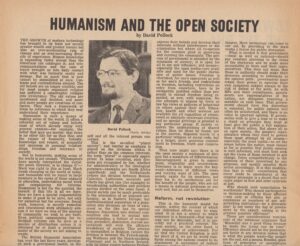
Much needs changing in the world of today, and humanists will be found in large numbers in the ranks of […]
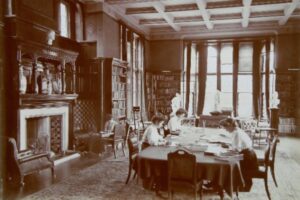
The Universities Tests Act, which ended religious discrimination in admissions and employment at the universities of Oxford, Cambridge, and Durham […]
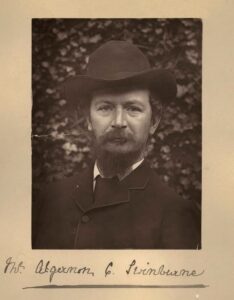
No poet since Shelley sings more loftily or with more fiery passion or with finer thought than Swinburne when he […]
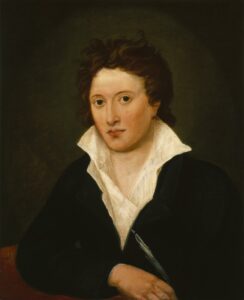
Percy Bysshe Shelley was a major poet of the Romantic period, and remains one of England’s best loved and most […]